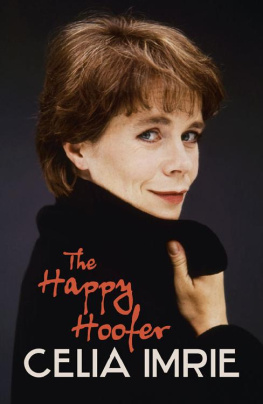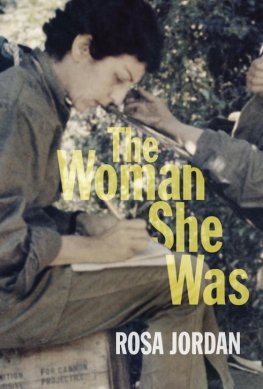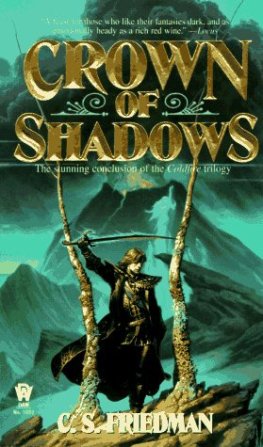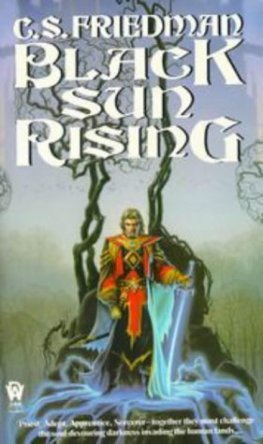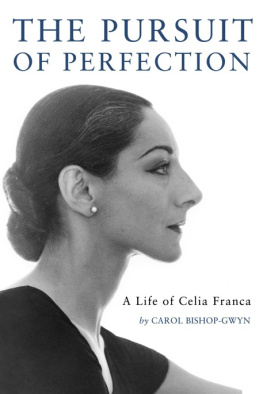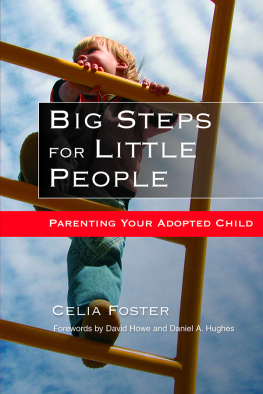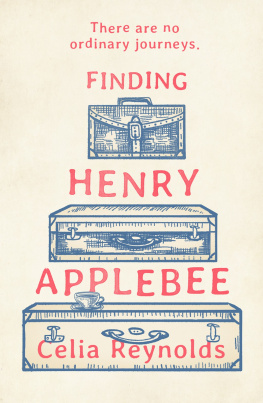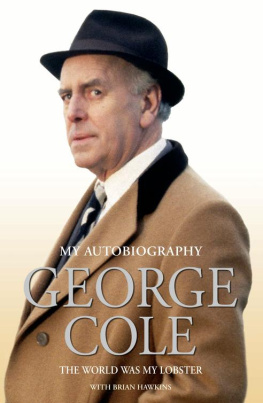THE HAPPY HOOFER
Celia Imrie
www.hodder.co.uk
First published in Great Britain in 2011 by Hodder and Stoughton
An Hachette UK company
Copyright Celia Imrie 2011
The right of Celia Imrie to be identified as the Author of the Work has been asserted by her in accordance with the Copyright, Designs and Patents Act 1988.
All rights reserved.
No part of this publication may be reproduced, stored in a retrieval system, or transmitted, in any form or by any means without the prior written permission of the publisher, nor be otherwise circulated in any form of binding or cover other than that in which it is published and without a similar condition being imposed on the subsequent purchaser.
A CIP catalogue record for this title is available from the British Library.
Epub ISBN: 9781444709308
Book ISBN: 9781444709278
Hodder and Stoughton Ltd
338 Euston Road
London NW1 3BH
www.hodder.co.uk
To everyone who has helped, supported and
encouraged me in my life and career
CONTENTS
THE PROLOGUE
It is usual in theatrical autobiographies for the reader to have to wade through certain phrases: the ladder of success, turning point in my career, resting, making it, the big break, a stepping stone, got there, my career path...
You wont find them in mine not only because they are clichs, and I dont like them, but also because they are not true.
Before my story begins Id like to explain what its really like on the inside of an actors life.
If youre not interested please shuffle-tap-step straight on to Chapter 1.
In talking about my career I dont want to add to the mound of literature which gives the false impression that most successful lives in acting go in one direction up. Even the most famous stars spend periods treading water, or even sliding backwards. Most of us will find ourselves living in a board game of snakes and ladders.
Unknown to you, even when we are successful we spend weeks waiting for the phone to ring.
Bette Davis, for instance, had great dips in her career, and a year after completing Whatever Happened to Baby Jane?, went so far as to put an ad in Variety under the column Situations Wanted Women Artists. The rest of us dont have such chutzpah.
My pal Rupert Everett called his novel Hello Darling, Are You Working? Because that is how most actors, even the famous ones, greet each other. People outside the business think they are awfully understanding when they archly ask if you are Resting? But believe me when you havent got a job there is no rest. You spend every waking moment searching for your next chance.
Like girls at a Victorian ball, we all have to wait to be asked to dance. And that is the same for everyone, from movie stars, knights and dames, down to beginners just out of drama school. Its no good playing Hedda Gabler alone in your bedroom in the middle of the night. We cannot decide: next I ought to play a great tragic role, like Anna Karenina, and after that I will have a bash at the rough and tumble of a farce. Other people: directors, producers, casting directors decide that for us.
As for career paths, I am not going to pull the wool over your eyes by talking about repertory theatre as a training ground because it isnt. Some of my favourite jobs (and the best shows I have ever seen) were in rep. If the part and director were tempting, I would work again in rep. I would not think of it as going back.
Nor is there a route from those perceived Early Learning Stages of regional theatre to bits parts on TV, to West End, and onto Hollywood.
It has never been a question of good actors starting at the bottom and working their way up, and bad actors staying at the bottom. Were all in it together, shambling along like Moll Flanders, grasping one mad thing after another, not only to advance ourselves, but to survive.
When Glenda Jackson was at the top of the tree, interviewed in the papers every day, picking up enough Oscars, Golden Globes, BAFTAs and Emmies to furnish a couple of chess boards, she was asked what it felt like to be the greatest actress alive. She replied that she wasnt, there were many actresses just as good, some better than her, who hadnt had her luck, hadnt been in the right place at the right time, and who, sadly, no one had heard of. At the time I thought this was a piece of false modesty. But Glendas remark has haunted me. Even now I see how right she was.
Lets say we get the job. The best bit is the moment we receive the news. But when we are given the start date, we are also told the date the job will finish.
More often than not, the next thing we do is pack our bags and prepare to leave home and stay away for weeks on end. Theatres arent all in London, and TV and films are frequently shot elsewhere.
Next, we go to work. Our day-to-day schedules the time we are wanted on set or in the rehearsal room in the morning, what time we should finish, whether we are called at all are rarely predictable more than 24 hours in advance. So it is that, as an actor, your presence at relatives weddings or christenings, and attending other celebrations or one-off events can never be guaranteed. On more than one occasion, I have had to explain to family members or friends that there is no understudy in a film (and rarely in theatre, these days either) and even if there was, you cannot expect the rest of the cast and crew to work around your own private life.
If you are very lucky, as one job comes towards an end, an offer to do something else will come in. If you are very, very lucky a couple of offers will come in and then you will have a choice to make.
When deciding, other less obvious factors come into play. A certain acting job might give you the opportunity to be seen in a different light, or you might want to work with that particular director or cast. For most actors, except a handful of stars, money always matters. But some jobs pay, literally, nothing. You work for the joy of doing it (like I did in The Way of the World and Performing Ceals). Other jobs (think Julia Roberts films) might bring in millions. You could earn a few thousand pounds on a TV job and then have to spread it out over two years of sporadic, fulfilling, but often ill-paid theatre work.
Not only that we are financially penalised in our profession. We were once, not so long ago, classified by English law as rogues and vagabonds. In many ways, legally speaking, we still are. For instance, actors have to pay more for their household and car insurance. Many insurance companies wont cover you at all once you declare you earn your living as an actor. During my stint at Derby Rep (Chapter 7), desperately trying to get home for Christmas, I tried to rent a car. I was brusquely told no cars could be hired to blacks, jockeys or actors.
So, after youve worked out that you and your dependants can survive on the money you already have, then you might be in a position to decide not to take a job, and, instead, wait at home, sitting it out, hoping something better will come along. You might not be able to face eight weeks or longer living out of suitcase in the back of beyond, other times personal commitments would make going away impractical. For instance, when my son was doing his GCSEs I could not think of doing a tour which would have kept me away from home for months.
And truth be told, the real reason I take any job is often simply a case of Why not?
Our lives are divided up into three very unequal thirds. The smallest part is the time where you are working: rehearsing, playing, filming. The next part is the dealing with being unemployed, how you occupy your days while trying to keep yourself feeling worthwhile and positive. The last, largest and most tricky part is the social side. That would include sitting in the waiting room outside a casting directors office, going to first nights and premires, and presenting yourself in interviews and at parties. How you handle this last third will either help or hinder you get the work the first part.

